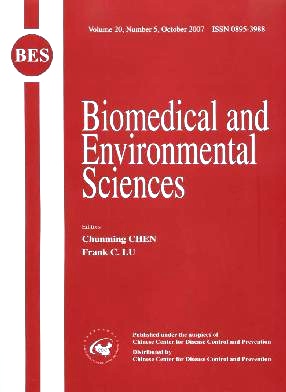Inhibitory Effect of Progesterone on Inflammatory Factors After Experimental Traumatic Brain Injury
-
Key words:
- Traumatic brain injury /
- Progesterone /
- Inflammation
Abstract: Traumatic brain injury (TBI) is one of the leading causes of morbidity and mortality in young people. Inflammatory cytokines play an important part in the pathophysiology of TBI. Recent studies demonstrate that progesterone significantly reduces cerebral edema and enhances functional recovery from TBI and stroke in several animal models. This study was designed to investigate the inhibitory effect of progesterone on inflammatory response after traumatic brain injury. Methods Progesterone was injected intraperitoneally using rats as a model of traumatic brain injury,and Western blot technique was applied to detect the expression of three inflammation-related factors:nuclear factor kappa B p65 (NFk B p65),glial fibrillary acidic protein (GFAP),and tumor necrosis factor-α (TNF-α). The water content of injured brain was also examined. A neurological severity score was recorded to evaluate the effect of progesterone on neurodeficit recovery. Results NFk B p65,GFAP,and TNF-α were increased in all injured animals. In rats treated with progesterone,the expression level of NFkB p65 and TNF-α were reduced significantly in comparison with vehicle-treated rats. However,progesterone did not alter the expression of GFAP in the injured rats. Progesterone also reduced the water content of injured brain and the lesion volume. In addition,progesterone-treated injured rats showed significant improvements in the Neurological Severity Score test,compared with vehicle-treated ones.Conclusions Progesterone inhibits the inflammatory response after experimental traumatic brain injury and mitigates the severity of brain damage.
| Citation: | DE-SHENG PAN, WEI-GUO LIU, XIAO-FENG YANG, FEI CAO. Inhibitory Effect of Progesterone on Inflammatory Factors After Experimental Traumatic Brain Injury[J]. Biomedical and Environmental Sciences, 2007, 20(5): 432-438. |







 Quick Links
Quick Links
 DownLoad:
DownLoad: